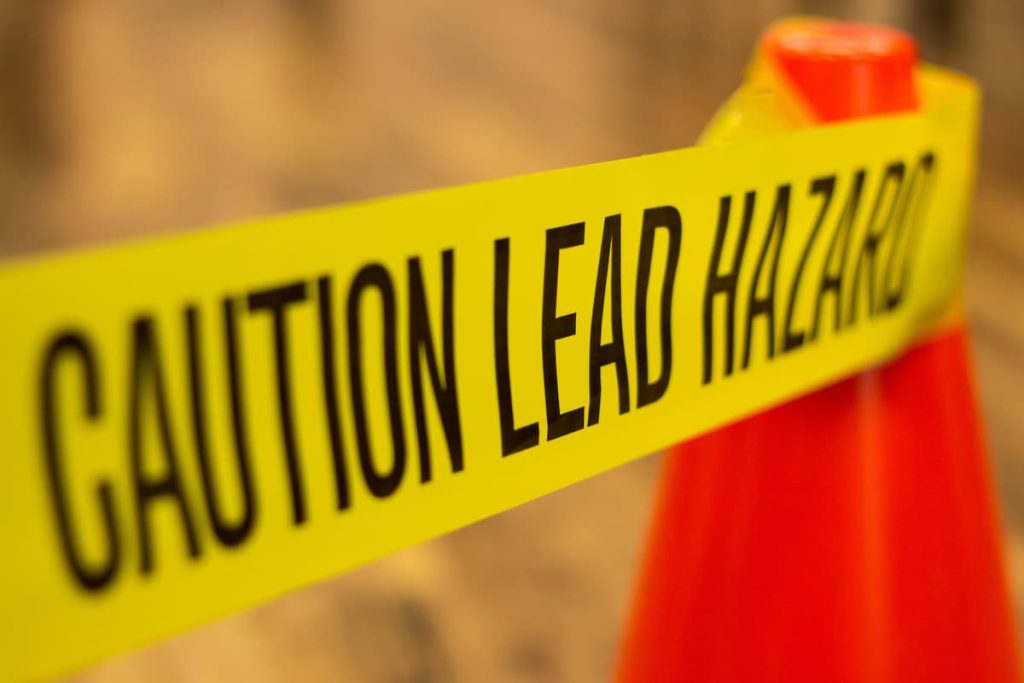Lead poisoning may result in severe health complications and even death in the workplace.
Unless you’ve been affected by it or know someone who has, lead poisoning is probably not something that crosses your mind often. Yet, lead poisoning is a common cause of health complications and even death in the workplace, especially in industries that deal with painting, old structure demolition, battery manufacturing, and spray finishing. Let’s discuss six common occupational illnesses you may suffer due to lead exposure and what signs to look out for.

1. Central Nervous System Damage
Research has shown that lead exposure can alter the normal functioning of the central nervous system and cause irreparable damage. The damage may manifest itself in the form of memory loss and cognitive impairment. In addition, if the exposure was high, severe symptoms such as violence or delinquency may be noticed.
2. Anemia
If you breathe, touch or swallow lead particles, they may find their way to your red blood cells and interfere with the normal production of hemoglobin. As a result, your red blood cells will be diminished and make you susceptible to anemia.
3. Gastrointestinal Problems
Inhaling lead-based paint can cause gastrointestinal toxicity. You may experience chronic abdominal pain, vomiting, constipation, nausea, or bloating. For acute lead poisoning, you may exhibit dehydration or severe diarrhea.
4. Cardiovascular Damage
Continuous lead exposure may harden the blood vessels and lead to high blood pressure or coronary heart disease. High blood pressure may cause headaches, nose bleeding, shortness of breath, or even death.
5. Lead-Related Nephrotoxicity
Too much lead in your body can cause kidney diseases. Workers who work in battery manufacturing plants and metal industries are the most prone to these illnesses. Sadly, lead exposure may worsen your condition or even cause kidney failure if you already have a kidney condition.
Exposed workers may experience high blood pressure, metallic taste in the mouth, or constipation. However, to be sure, plan for an advanced kidney screening.
6. Reproductive Effects
Lead exposure affects hormonal synthesis for both female and male workers. As a result, it can cause impotence, impaired fertility, premature menopause, or menstrual disorder.
Unfortunately, lead exposure during pregnancy can harm the mother and the unborn child. For example, expectant mothers risk miscarriage, and their unborn child could develop brain and kidney problems.
Prevention
To minimize lead-related occupational illnesses, be sure to:
- Use recommended personal protective equipment such as respirators and gloves
- Wash your hands properly immediately after work
- Avoid taking home the clothes worn during the lead exposure
- Use exhaust ventilation when working in enclosed areas
Work with an Expereinced St Louis Workers Comp Attorney
Have you suffered a lead-related occupational illness? Our St. Louis workers comp attorneys have over 30 years of experience and are ready to help. Give us a call 24/7 for a free consultation.
